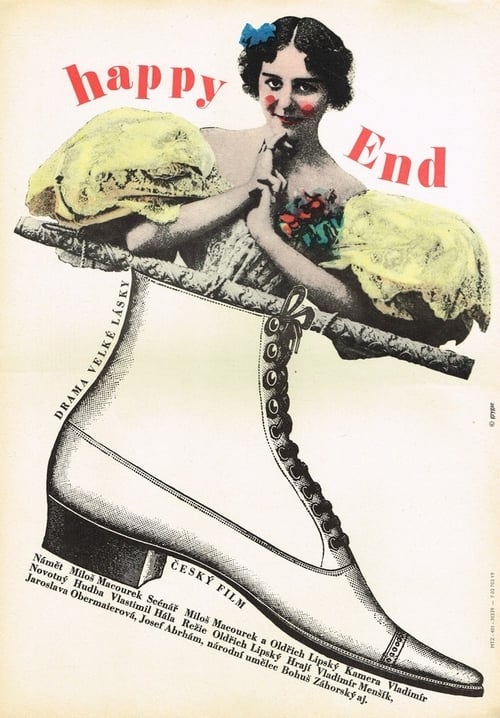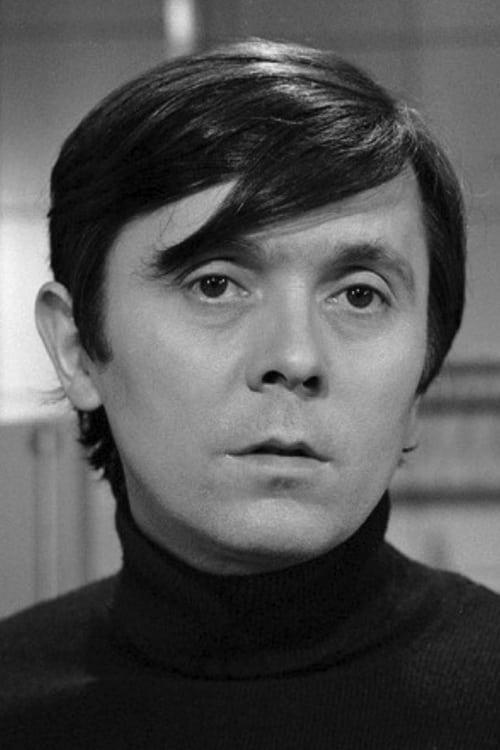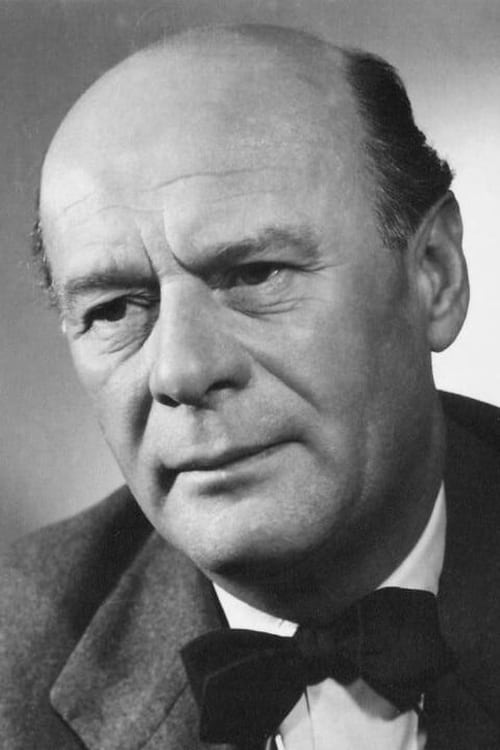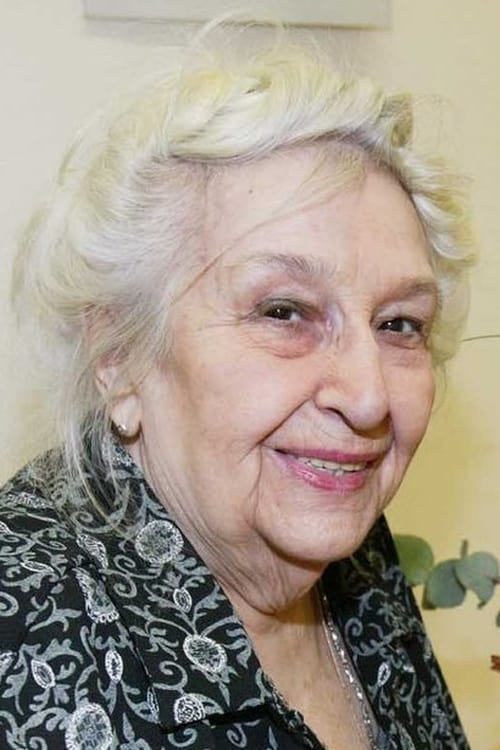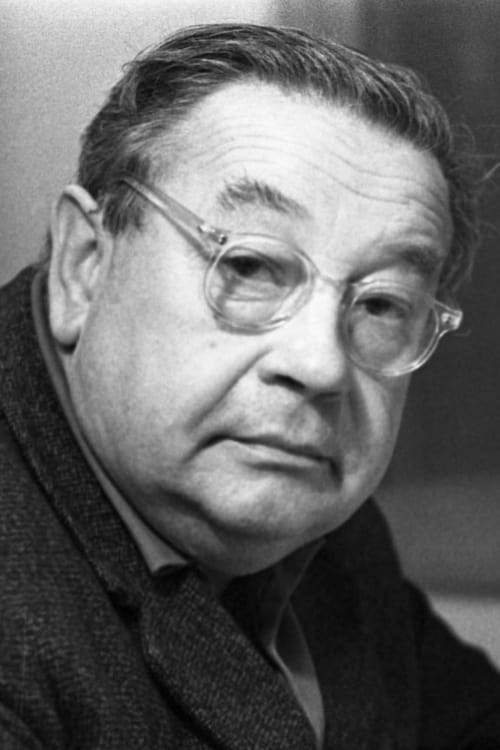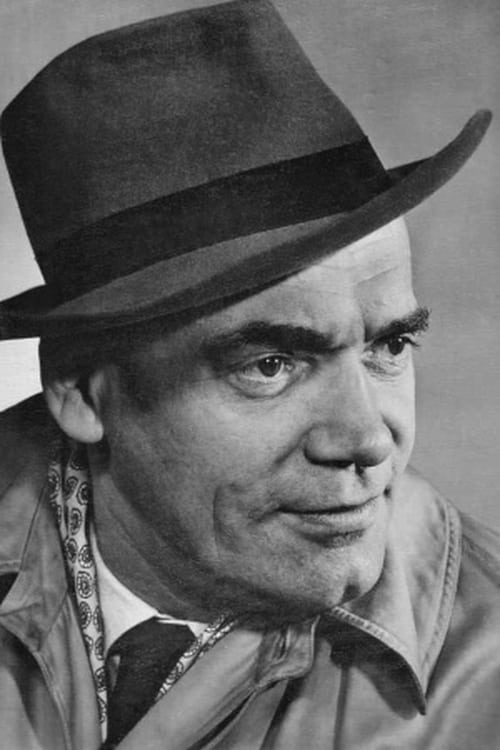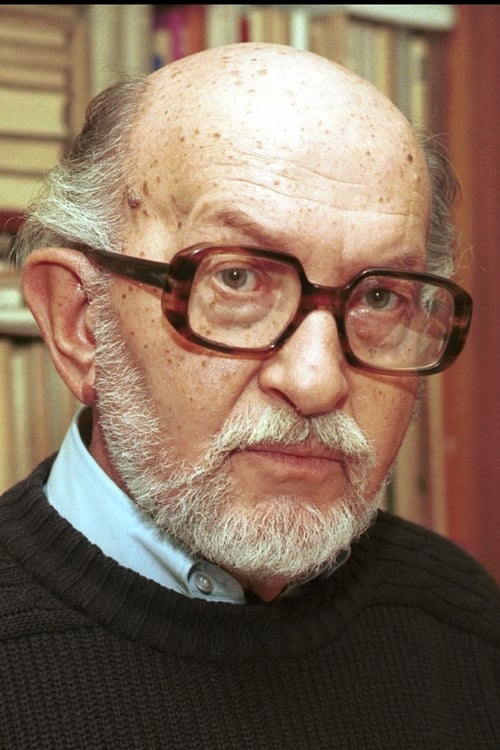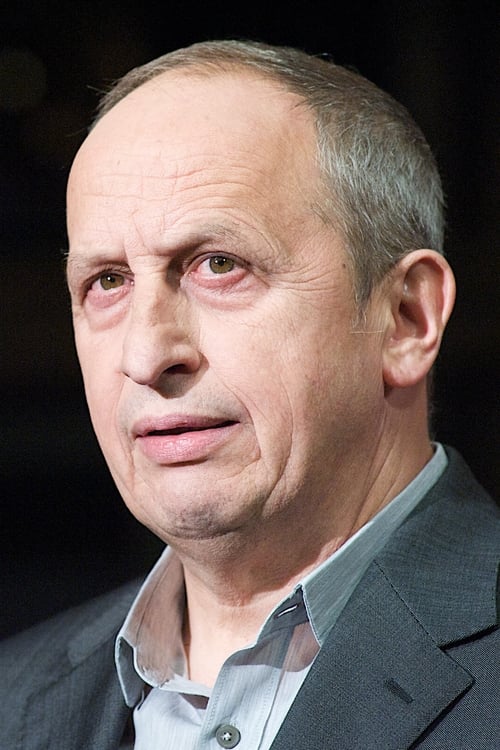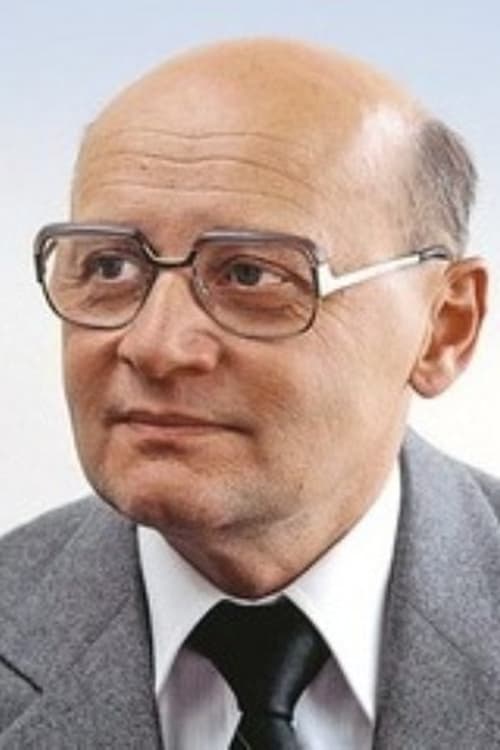Happy End (1967)
Genre : Comedy
Runtime : 1H 11M
Director : Oldřich Lipský
Writer : Miloš Macourek, Oldřich Lipský
Synopsis
A dark comedy about a murder and its consequences presented in a backwards manner, where death is actually a rebirth. The film starts with an "execution" of the main protagonist and goes back to explore his previous actions and motivations.
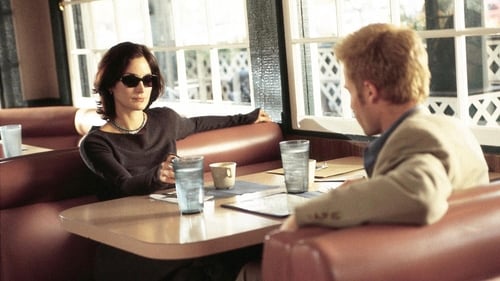
Leonard Shelby is tracking down the man who raped and murdered his wife. The difficulty of locating his wife's killer, however, is compounded by the fact that he suffers from a rare, untreatable form of short-term memory loss. Although he can recall details of life before his accident, Leonard cannot remember what happened fifteen minutes ago, where he's going, or why.

The story of a loving couple who struggles to keep its relationship alive against the inescapable passing of time, told in a nonlinear way over the course of ten years in their lives.

Two instants separated by 99 days conflict with each other.

A musical horror story about two young women who are stalked through a shopping mall by a cannibal. He follows them home, and here the victims become the aggressors.
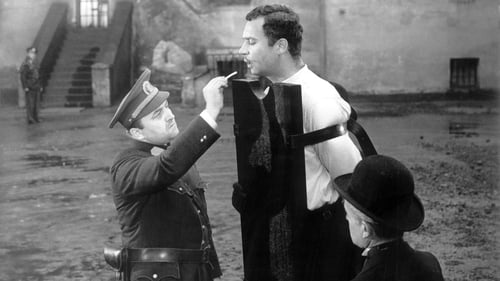
A dark comedy about a murder and its consequences presented in a backwards manner, where death is actually a rebirth. The film starts with an "execution" of the main protagonist and goes back to explore his previous actions and motivations.

Consistent stylistic-thematic structures link and merge throughout the bewildering event chain. The distinction between organic forms and human artifacts is blurred by the visual style which is enigmatic without being ambiguous.
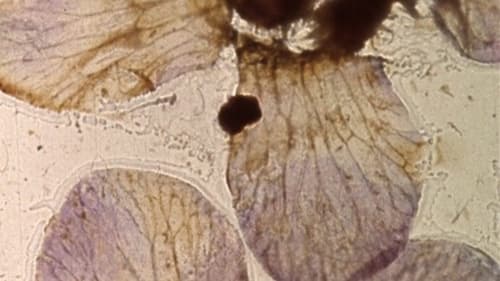
Seemingly at random, the wings and other bits of moths and insects move rapidly across the screen. Most are brown or sepia; up close, we can see patterns within wings, similar to the veins in a leaf. Sometimes the images look like paper cutouts, like Matisse. Green objects occasionally appear. Most wings are translucent. The technique makes them appear to be stuck directly to the film.
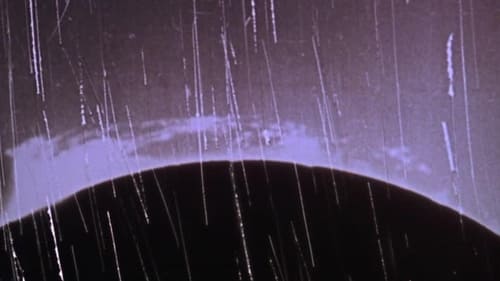
A creation myth realized in light, patterns, images superimposed, rapid cutting, and silence. A black screen, then streaks of light, then an explosion of color and squiggles and happenstance. Next, images of small circles emerge then of the Sun. Images of our Earth appear, woods, a part of a body, a nude woman perhaps giving birth. Imagery evokes movement across time. Part of the Dog Star Man series of experimental films.
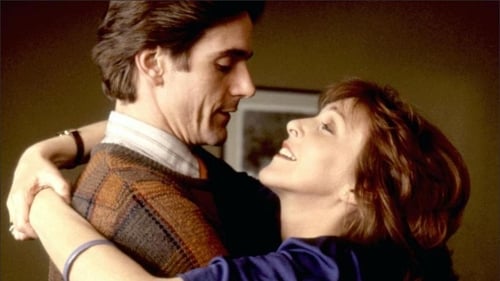
Pinter's semi-autobiographical play examining the surprise attraction, shy first steps, gradual flowering, and treasonous deception of a woman's extramarital affair with her husband's best friend; the entire story is told from the husband's point of view, with the scenes in precise reverse chronological order. Written by Dan Hartung

After a catastrophic global war, a young filmmaker awakens in the carnage and seeks refuge in the only other survivor: an eccentric, ideologically opposed figure of the United States military. Together, they brave the toxic landscape in search of safety... and answers.
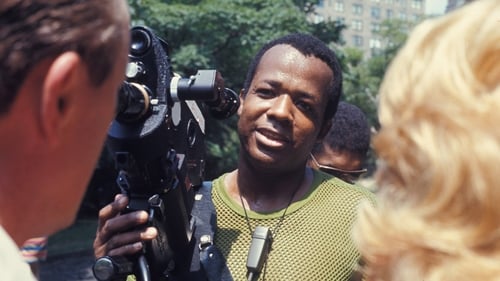
In Manhattan's Central Park, a film crew directed by William Greaves is shooting a screen test with various pairs of actors. It's a confrontation between a couple: he demands to know what's wrong, she challenges his sexual orientation. Cameras shoot the exchange, and another camera records Greaves and his crew. Sometimes we watch the crew discussing this scene, its language, and the process of making a movie. Is there such a thing as natural language? Are all things related to sex? The camera records distractions - a woman rides horseback past them; a garrulous homeless vet who sleeps in the park chats them up. What's the nature of making a movie?
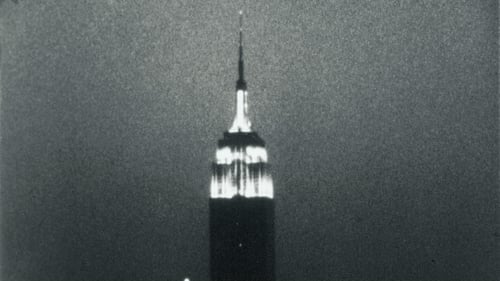
Experimental film consisting of a single static shot of the Empire State Building from early evening until nearly 3 am the next day.

An experimental short film by Walerian Borowczyk and Jan Lenica.
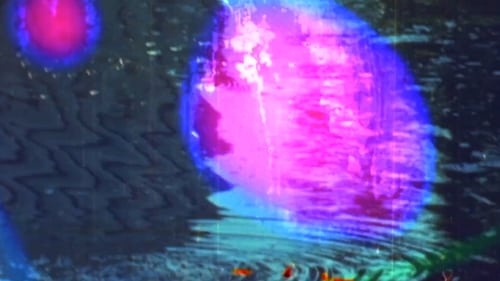
Tar pits form as petroleum seeps to the surface through fissures in the Earth’s crust, leaving viscous asphalt pools. To make Tar Pits Film, Jennifer West threw a strip of film into the La Brea Tar Pits in Los Angeles, still-bubbling asphalt pools which have seeped from the ground for tens of thousands of years. The film was then ridden over hot asphalt by a motorcycle and drenched in other substances including thick mayonnaise and body lotion.
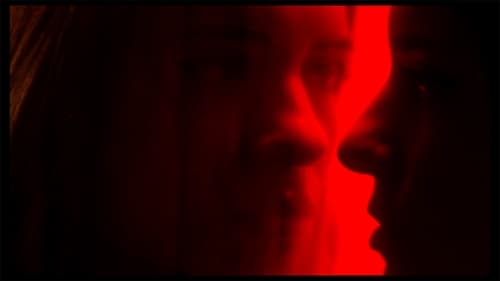
A tutorial about guided meditation. Throughout the project, the spectator is invited to follow a series of steps that, if done well, will take them to a calm and tranquility state.
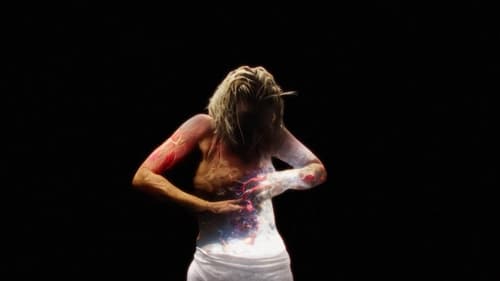
A brief journey through the human experience as seen by the eyes of an Artificial Intelligence.

Overripe with psychosexual poetry and stark, oneiric rituals, Adachi's filmmaking debut, made while he was still an undergraduate, counts among the more resonant accomplishments of the now famous Nihon University Film Club. Adachi's obvious fascination with the wide-eyed watchfulness of childhood and the uncanny is an expression of the important surrealist strand running throughout the post-WWII Japanese avant-garde. - Harvard Film Archive

Early Abstractions is a collection of seven short animated films created by Harry Everett Smith between 1939 and 1956. Each film is between two and six minutes long, and is named according to the chronological order in which it was made. The collection includes Numbers 1–5, 7, and 10, while the missing Numbers 6, 8, and 9 are presumed to have been lost.

100 basic images switching positions for 4000 frames.

Four friends leave Seattle for a weekend in a remote, rain-soaked corner of Washington State's rustic Skagit Valley. The foreboding October landscape begins to warp their minds, plunging each of them into alternate realities where they must grapple with personal demons, sexual tensions, and a sinister natural world as they claw their way back to sanity.
